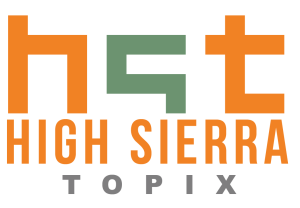People may Expose To The Right (ETTR) (push the histogram towards the highlights) so that the highlights are either just about to be blown or even slightly blown. By doing that you are effectively pulling up the shadows as much as possible without blowing out the highlights. Even if the shot is now overexposed in the hightlights you can recover those (as long as they are not fully blown) and if you now need to recover any crushed shadows, because you have already pushed the histogram to the the right, you do not need to pull up the shadows as much, decreasing any shadow noise. But RAW does give you much more latitude in recovering crushed shadows vs. blown highlights.CAMERONM wrote: ↑Tue May 09, 2023 8:59 pm "Stepping down 1-3 stops is generally a good idea as you can pull out shadows more than blown highlights, but tapping for smart metering is usually enough. If I'm shooting a slot canyon or within a crack I'll switch to ProRAW and underexpose by 6-7 stops at times."
I have always understood that RAW is most useful for recovering highlights, and that consequently people "shoot hot".
The latest Adobe PS/LR update introduced an insane AI noise reduction capability for RAW files. It's a total game changer. I was just playing around with it on a photo I shot of the Aurora at ISO 6400 on a Canon 5D Mk III. There is so much noise that the file is not usable. I tried the new AI Denoise in Lightroom and results are amazing. This is a 100% crop with the AI Denoise on the left and the original on the right.
Here is a video showing it in action:
